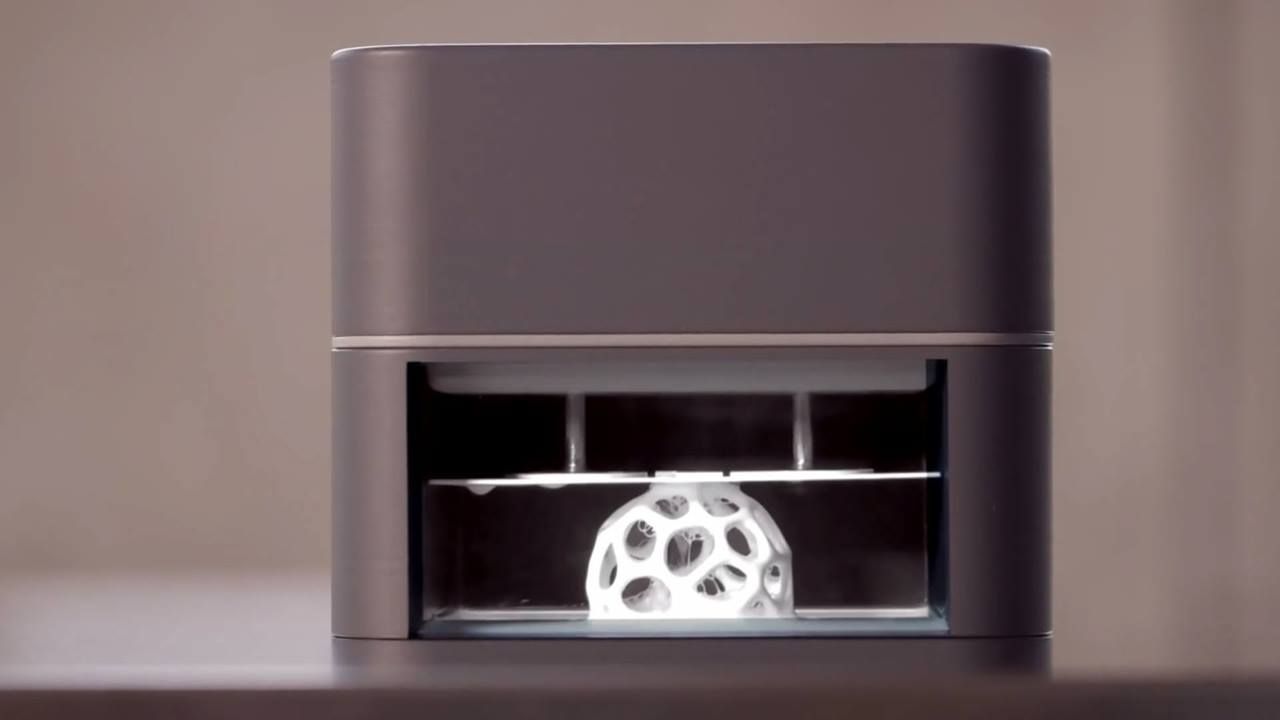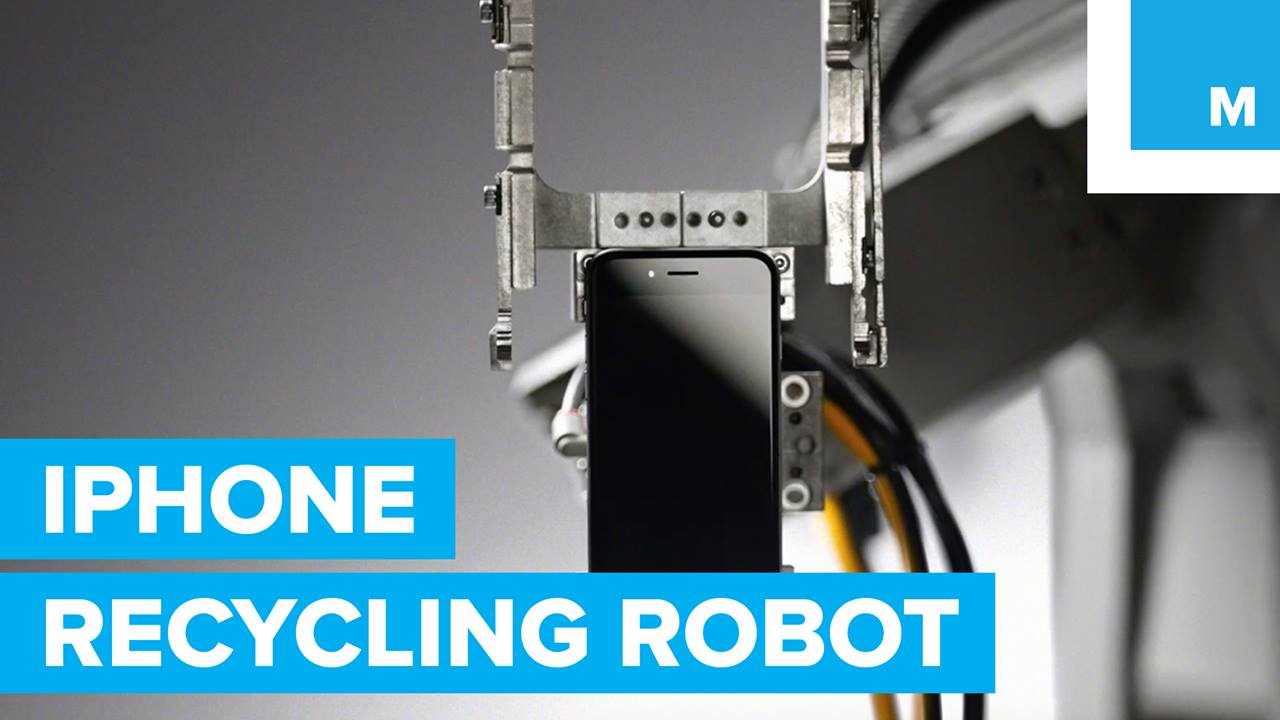Archive for the ‘mobile phones’ category: Page 221
Apr 2, 2016
Device turns your phone into 3D printer
Posted by Shailesh Prasad in categories: 3D printing, mobile phones
Mar 30, 2016
Tired of all the same phones? This crazy dual-screen Android flip phone is here to break the mold
Posted by Shailesh Prasad in category: mobile phones
China is like the Wild West of smartphones: everyone seems to be doing whatever they please with no regards to the generally accepted rules.
And here is Chinese super-unknown Gionee, a company that is so obscure it might not be recognized even in Asia, but maybe this is the reason why Gionee is not afraid to experiment with some wild phones.
Mar 28, 2016
DARPA Announces Next Grand Challenge — Spectrum Collaboration Challenge
Posted by Karen Hurst in categories: information science, internet, military, mobile phones, robotics/AI
DARPA’s new “Spectrum Collaboration Challenge” with a $2million prize for who can motivate a machine learning approach to dynamically sharing the RF Spectrum.
WASHINGTON, March 28, 2016 /PRNewswire-iReach/ — On March 23rd, 2016 DARPA announced its next Grand Challenge at the International Wireless Conference Expo in Las Vegas, Nevada. Program Manager, Paul Tilghman of DARPA’s Microsystems Technology Office (MTO), made the announcement to industry leaders following the conferences Dynamic Spectrum Sharing Summit. The challenge will motivate a machine learning approach to dynamically sharing the RF Spectrum and has been named the “Spectrum Collaboration Challenge.” A top prize of $2million dollars has been announced.
While mostly transparent to the typical cell phone or Wi-Fi user, the problem of spectrum congestion has been a long standing issue for both the commercial sector and Department of Defense. The insatiable appetite for wireless connectivity over the last 30 years has grown at such a hurried pace that within the RF community the term spectrum scarcity has been coined. RF bandwidth, the number of frequencies available to communicate information over, is a relatively fixed resource, and advanced communication systems like LTE and military communications systems consume a lot of it. As spectrum planners prepare for the next big wave of connected devices, dubbed the Internet of Things, they wonder where they will find the spectrum bandwidth they need to support these billions of new devices. Equally challenging, is the military’s desire to connect every soldier on the battlefield, while using these very same frequencies.
Continue reading “DARPA Announces Next Grand Challenge — Spectrum Collaboration Challenge” »
Mar 25, 2016
Vision Through Artificial Intelligence
Posted by Klaus Baldauf in categories: mobile phones, robotics/AI
Mar 22, 2016
Clarius Introduces Wireless Ultrasound Transducer for Your Smartphone
Posted by Klaus Baldauf in categories: health, mobile phones

 Clarius Mobile Health, a firm based outside of Vancouver, Canada, is unveiling a wireless ultrasound transducer that uses your Android or Apple iPhone as the display and control system. There aren’t many details provided by Clarius about the product, but the company expects these ultrasounds to be used for procedures such as nerve blocks and for helping to deliver needle injections. The device has yet to receive clearance from the world’s regulatory bodies.
Clarius Mobile Health, a firm based outside of Vancouver, Canada, is unveiling a wireless ultrasound transducer that uses your Android or Apple iPhone as the display and control system. There aren’t many details provided by Clarius about the product, but the company expects these ultrasounds to be used for procedures such as nerve blocks and for helping to deliver needle injections. The device has yet to receive clearance from the world’s regulatory bodies.
Check out the preview video for the Clarius mobile ultrasound:
Continue reading “Clarius Introduces Wireless Ultrasound Transducer for Your Smartphone” »
Mar 22, 2016
A first look at Liam: Apple’s massive robot that takes apart old iPhones
Posted by Shailesh Prasad in categories: mobile phones, robotics/AI
Mar 20, 2016
Steve Jobs gave an interview in 1996 with a bunch of predictions about the future — it turns out he nailed it
Posted by Shailesh Prasad in categories: computing, mobile phones
And Steve Jobs was not yet back at Apple when he gave a remarkably prescient interview to Wired’s website the same year. Although the iMac, iPod, and iPhone were still years away, and Jobs was working at NeXT, he clearly saw where the computing industry was headed.
And although his later work at Apple clearly influenced the way things turned out, he still offered a slew of predictions that are shockingly accurate today.
Here’s what Jobs got right:
Mar 18, 2016
Scientists Make Mini Fuel Cells That Keep Phones Charged For a Week
Posted by Shailesh Prasad in categories: drones, energy, mobile phones
POSTECH has created a solid oxide fuel cell (SOFC) that not only adds life to drones but can also replace lithium-ion batteries in smartphones.
Battery life. Two words that can turn anyone who owns an electronic device into a total wreck. But scientists at POSTECH may have found the solution to prevent you from having a panic attack each time you see your device almost out of juice.
Prof. Gyeong Man Choi and his Ph.D. student Kun Joong Kim have developed a miniaturized solid oxide fuel cell (SOFC) powerful enough to extend the flying time of drones to more than an hour. And that’s just the start.
Mar 18, 2016
New quantum computer device takes advantage of a loophole in causality
Posted by Shailesh Prasad in categories: computing, information science, mobile phones, quantum physics
Researchers in Finland have figured out a way to reliably make quantum computers — technology that’s tipped to revolutionise computing in the coming years — even more powerful. And all they had to do was throw common sense out the window.
You’re almost certainly reading this article on a classical computer — which includes all phones, laptops, and tablets — meaning that your computer can only ever do one thing at a time. It reads one bit, then the next bit, then the next bit, and so on. The reading is lightning fast and combines millions or billions or trillions of bits to give you what you want, but the bits are always read and used in order.
So if your computer searches for the solution to a problem, it tries one answer (a particular batch of ones and zeros), checks how far the result is from the goal, tries another answer (a different batch), and repeats. For complicated problems, that process can take an incredibly long time. Sometimes, that’s good. Very clever multiplication secures your bank account, and faster or more efficient equation-solvers put that in jeopardy.
Continue reading “New quantum computer device takes advantage of a loophole in causality” »
















